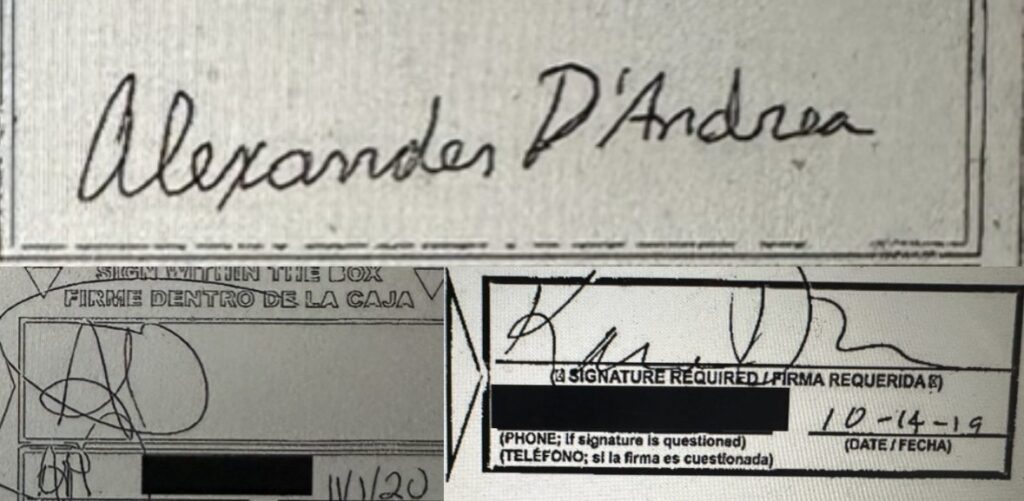In the ongoing legal battle surrounding Arizona’s electoral process, the Arizona Republican Party and the Republican National Committee (RNC) have officially responded to a lawsuit initiated by the ACLU and affiliated organizations. This lawsuit seeks to extend the deadline for voters to ‘cure’ their ballots—specifically, to address issues related to signature mismatches—beyond the statutory cutoff time of 5 PM MST. As mentioned by RNC election attorney Harmeet Dhillon via social media, the parties await a ruling from the Arizona Supreme Court regarding this matter. The urgency of the situation is heightened by the proximity of the Arizona Senate race, where ballot counting remains unresolved, particularly in the tight contest between Kari Lake and her Democratic opponent, Ruben Gallego.
The ACLU’s petition claims unprecedented delays in processing early mail ballots and calls for extensions of up to 96 hours for voters to rectify any signature issues. Alternatively, if voters are notified by overnight mail or in-person delivery, they would have a 48-hour window. Critics of this proposal, including former Assistant Arizona Attorney General Jen Wright, suggest that such moves could undermine the integrity of the electoral process by potentially allowing fraudulent ballots to be accepted. Wright expresses concern that efforts to challenge existing ballot cure deadlines could lead to a long-term abandonment of these crucial timeframes, which are designed to ensure timely and fair elections.
Furthermore, Arizona State Representative Alex Kolodin warns that if the Democrats successfully advocate for a rolling multi-day curing period, it could complicate the state’s ability to finalize election results by the congressional deadline of November 25. He posits that such a delay could disenfranchise Arizona voters by interfering with the state’s electoral vote count in the 2024 presidential election. Echoing this sentiment, Arizona Senate President Warren Petersen expressed firm resolve to defend existing laws against these legal challenges, arguing that the urgency of determining the election outcome should not be stalled by organizations that seek to alter procedural norms.
Supporters of the Republican efforts, including Turning Point Action COO Tyler Bowyer, have expressed confidence in the RNC’s legal strategy and the proactive measures taken to ensure election integrity. Bowyer emphasized that the RNC’s election integrity team is fully engaged in monitoring and responding to these challenges proactively. He indicated that the Republican side is mobilizing efforts to cure ballots effectively, thus maintaining competitive pressure against Democrat initiatives in the crucial final days of voting.
As the election progresses, the race between Kari Lake and Ruben Gallego is intensifying, marked by Lake’s struggle to close a narrow margin of votes, trailing by under 2%. With approximately 400,000 ballots still pending, the outcome remains uncertain, leading to potential shifts in public sentiment and political strategy in the state. The landscape is crucial for both parties, each vying for pivotal electoral commitments as they approach a significant deadline for results.
The developments in Maricopa County exemplify a broader national discourse concerning election laws and the delicate balance between ensuring voter accessibility and maintaining electoral integrity. As various groups contest procedural frameworks, the ramifications of these lawsuits may resonate beyond Arizona and into future elections. This situation remains fluid, with updates from the legal proceedings and electoral outcomes expected in the coming days, underlining the intricate dynamics of political campaigning and legislative negotiation in contemporary America. The Gateway Pundit and other news outlets will continue to provide updates as the situation evolves.

